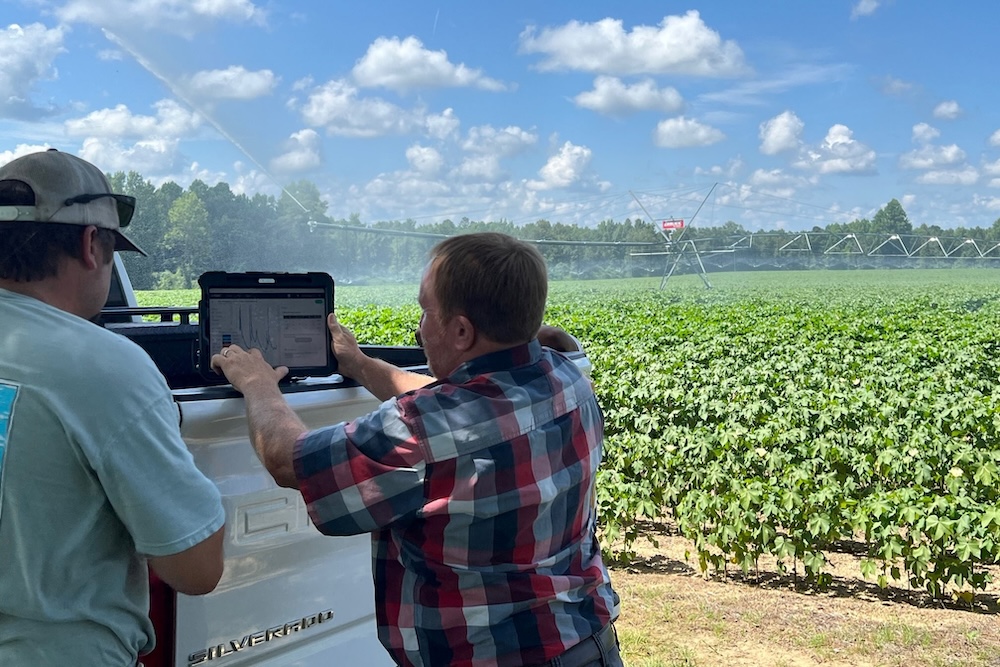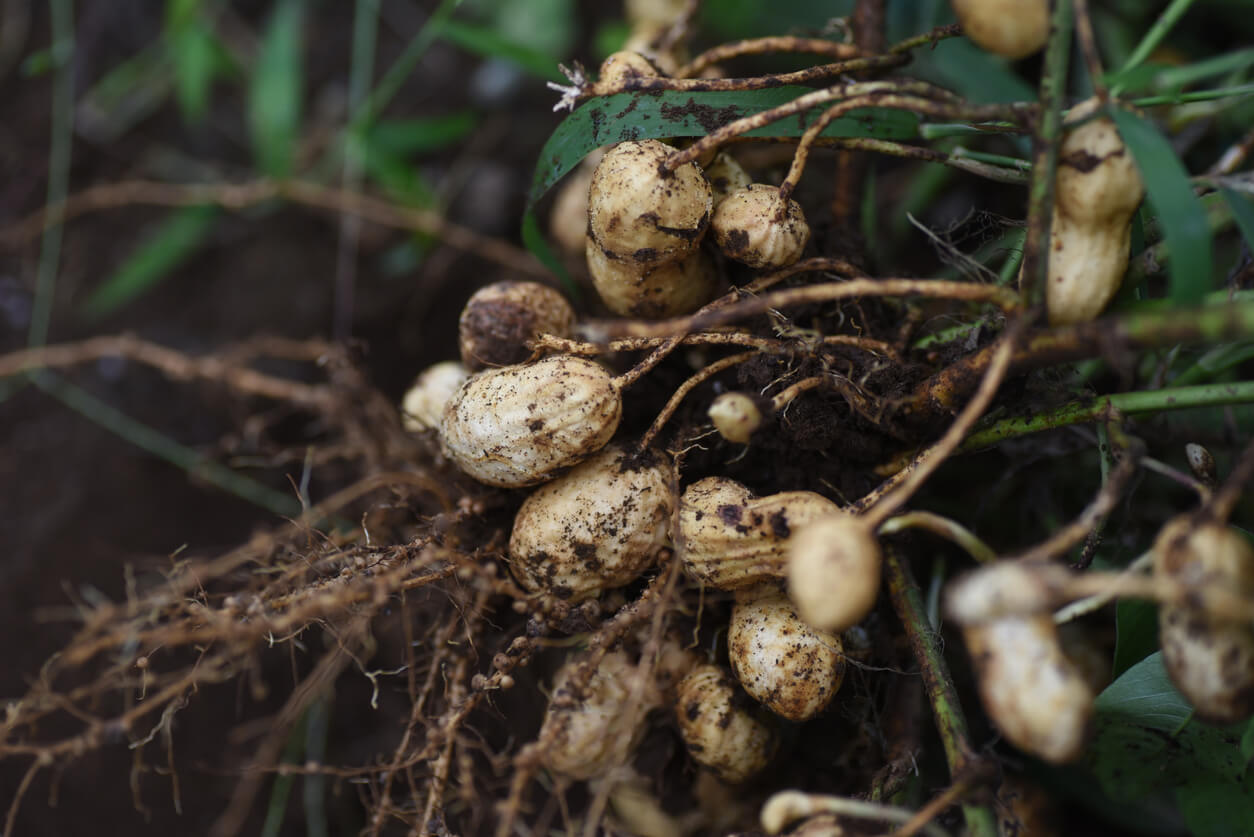 CAES News
CAES News
Public art helping to revive rural communities
In Buena Vista, a vibrant mural at the corner of North Broad Street and Fifth Avenue catches the eyes of passers-by with its bright blue border. Funded by Flint Energies, the mural tells the story of the longleaf pine forests that once dominated Marion County and the turpentine industry, flora and fauna that the trees supported — from gopher tortoises to bobwhite quail.





